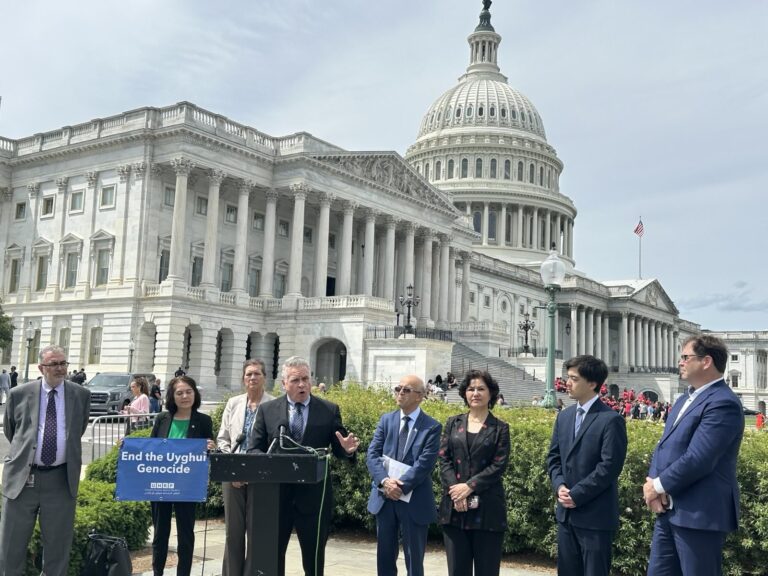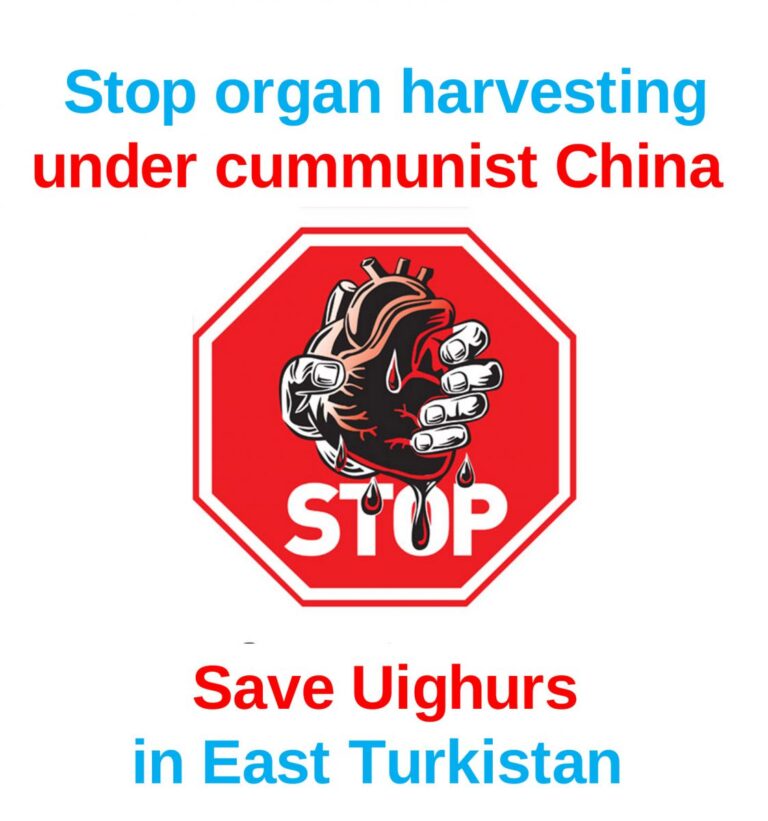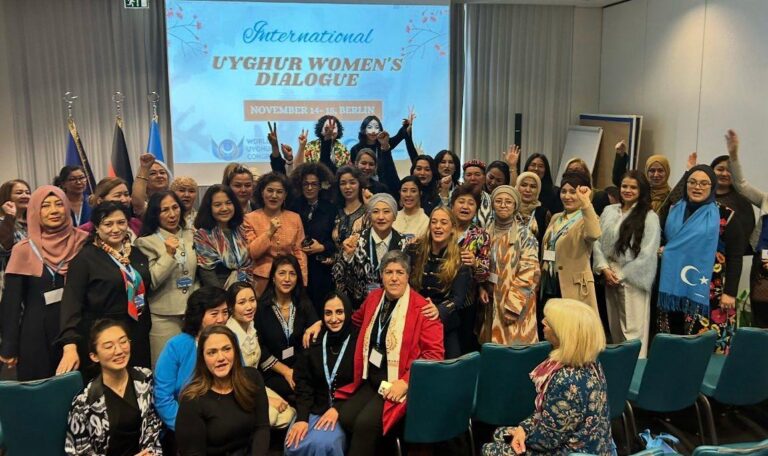
July 18, 2025
China’s plan to establish six new organ transplant centers in Uyghur homeland, (officially Xinjiang ) by 2030 has sparked serious concern among human rights advocates, who warn the move could signal an expansion of the country’s alleged forced organ harvesting practices targeting Uyghurs. Despite the region’s extremely low official organ donation rate—just 0.69 per million people—Uyghurland will soon host nine transplant facilities, more than several larger Chinese provinces.
Experts like Wendy Rogers and David Matas warn that the discrepancy between donation rates and transplant infrastructure raises chilling concerns about the use of organs from detained Uyghurs. Past reports of forced medical tests in internment camps, alongside China’s lack of transparency and prior findings of forced organ harvesting, suggest this expansion may rely on unethical and involuntary sources.
Advocates are urging international action, including sanctions, inspections, and transparency demands, to prevent further abuses and ensure China’s compliance with global ethical standards in organ transplantation.
This summary is based on an original article by Tasnim Nazeer, published in The Diplomat.






